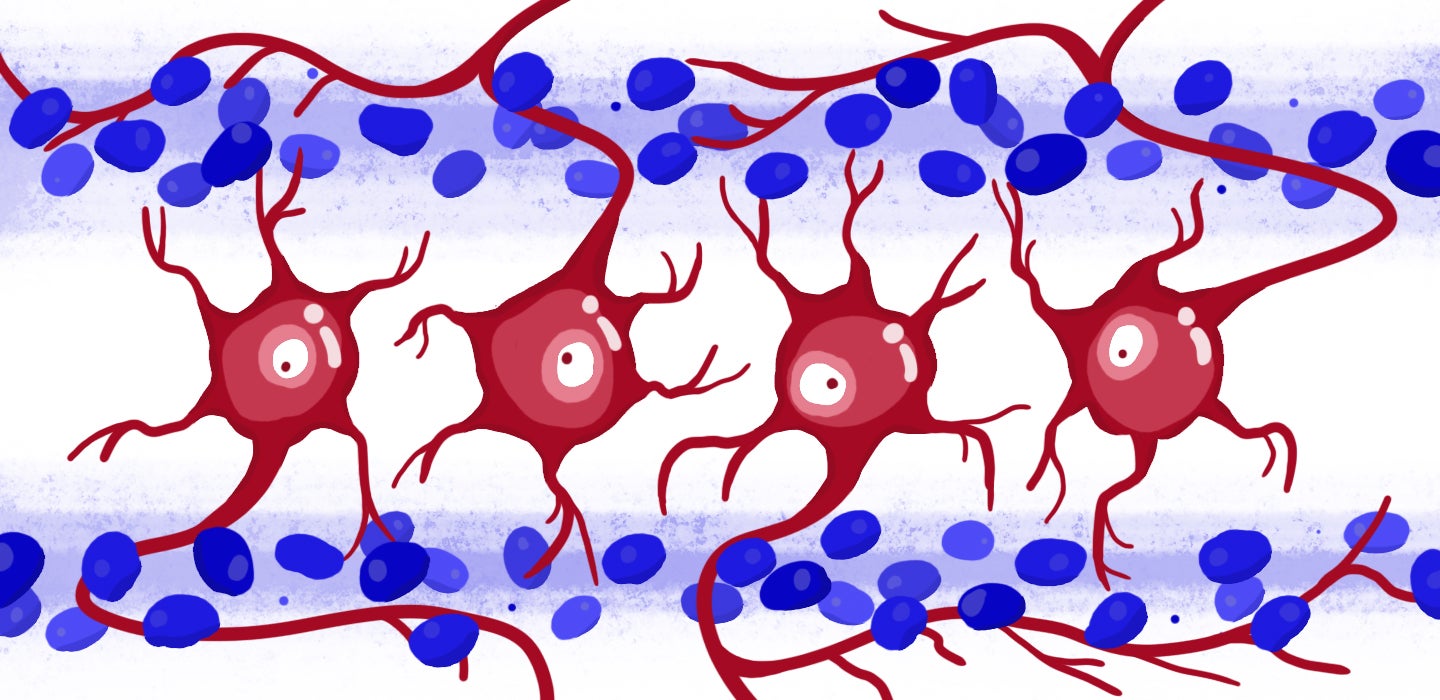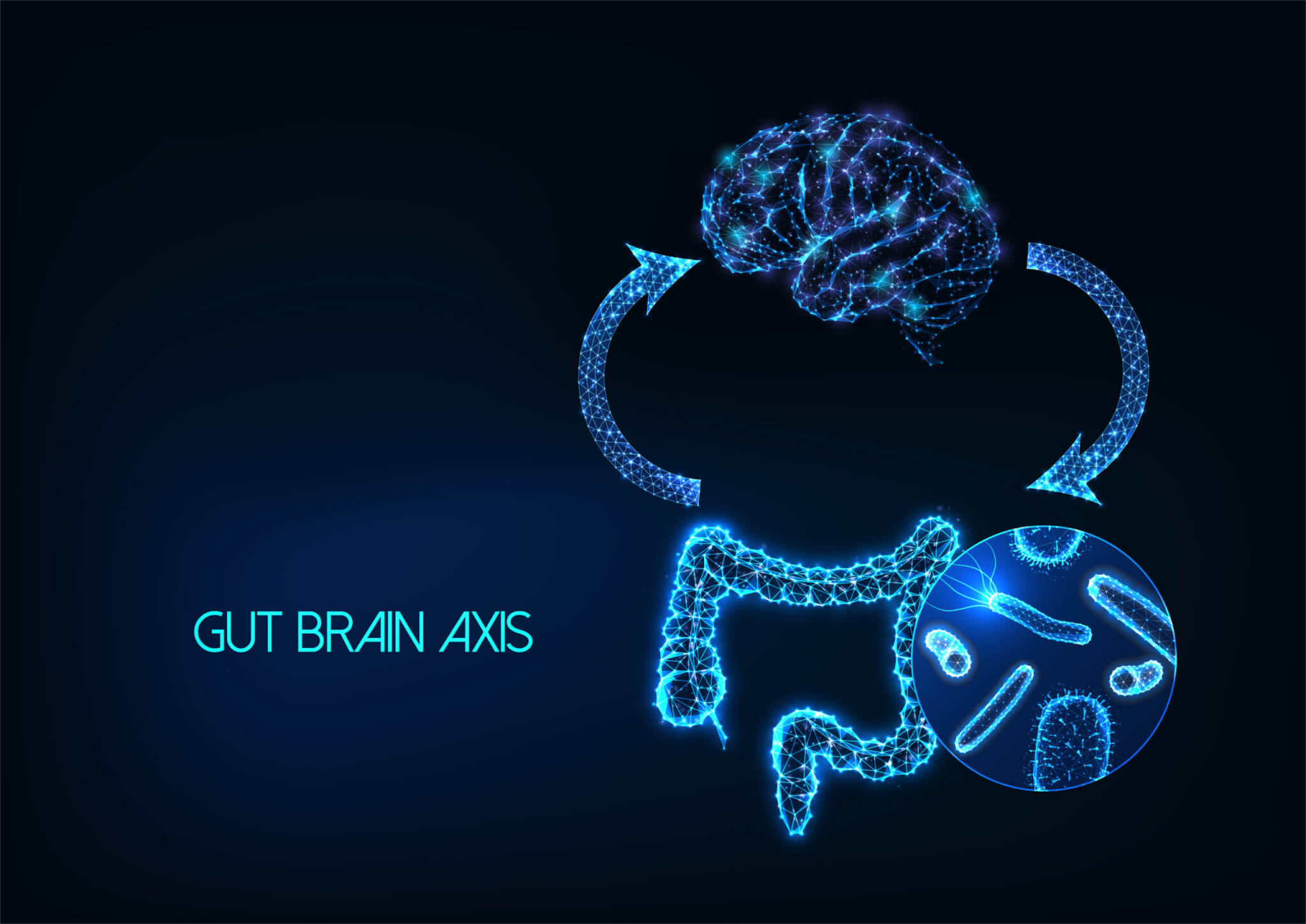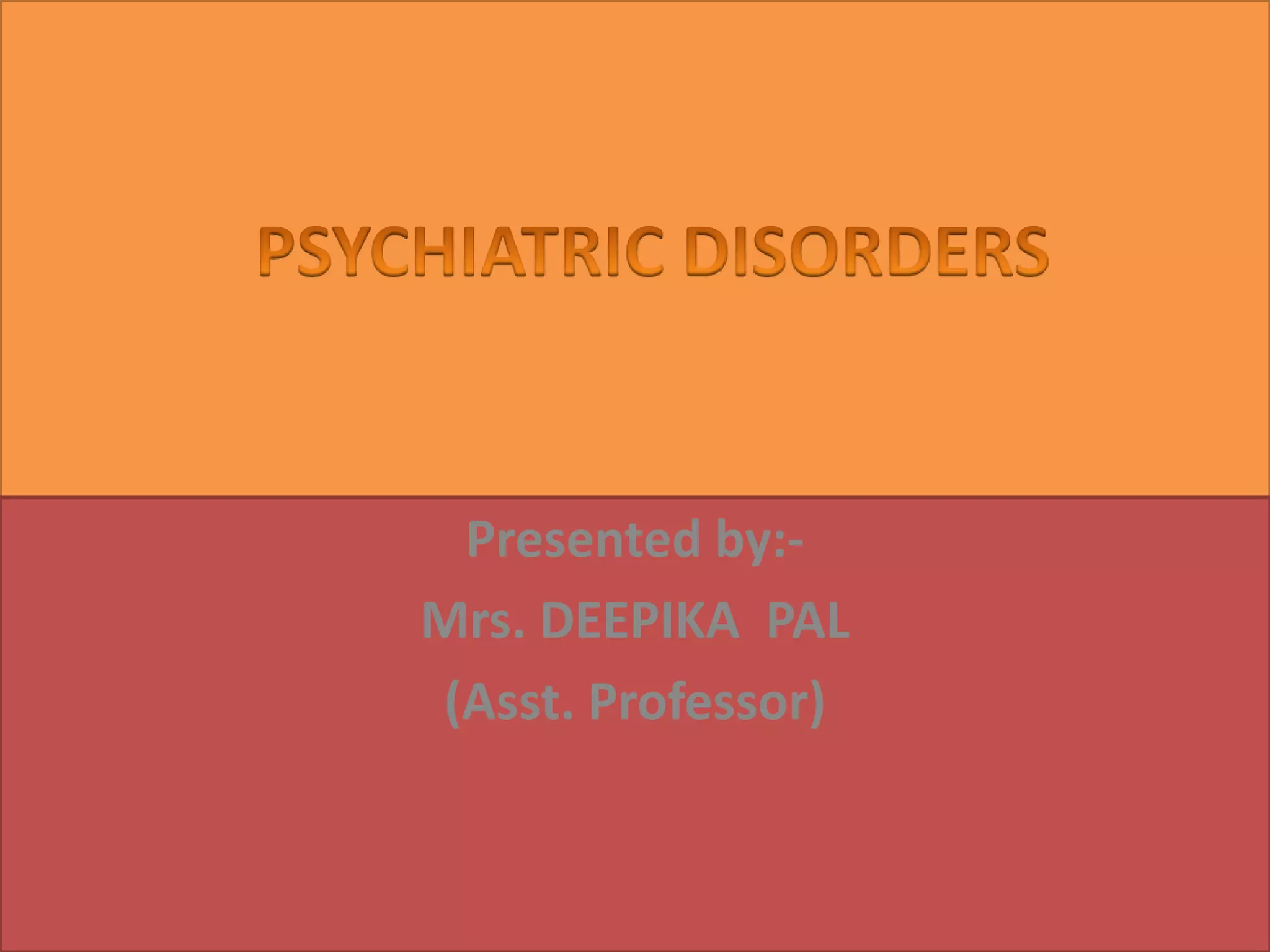Unveiling The Truth Behind Psychiatric Disorders In Gulfport: A Deep Dive
Psychiatric disorders in Gulfport have become a growing concern over the years, affecting countless lives. From anxiety to depression, bipolar disorder to schizophrenia, the mental health landscape in this vibrant city is a reflection of the global mental health crisis. But what makes Gulfport's situation unique? Let's dive in and explore the challenges, opportunities, and resources available for those seeking help.
Imagine walking through the streets of Gulfport, Mississippi, where the breeze carries the scent of saltwater and the sound of seagulls fills the air. Beneath this picturesque setting, however, lies a hidden struggle—one that affects thousands of residents. Mental health issues, often stigmatized and misunderstood, are becoming increasingly prevalent. It's time to shed light on psychiatric disorders in Gulfport and address them head-on.
From the bustling downtown area to the serene coastal neighborhoods, the impact of psychiatric disorders is felt across all demographics. This article aims to provide a comprehensive understanding of the issue, offering valuable insights, resources, and actionable steps for those affected by these conditions. Let's break the silence together.
Read also:Yumi Etos Hospitalization A Closer Look At Her Health Crisis And Its Implications
Understanding Psychiatric Disorders in Gulfport
What Are Psychiatric Disorders?
Psychiatric disorders, also known as mental illnesses, refer to a wide range of conditions that affect mood, thinking, and behavior. These disorders can range from mild to severe and often require professional intervention. In Gulfport, the prevalence of these conditions has been on the rise, prompting a need for greater awareness and support systems.
Some common psychiatric disorders include:
- Anxiety Disorders
- Depression
- Bipolar Disorder
- Schizophrenia
- Post-Traumatic Stress Disorder (PTSD)
Each of these disorders presents unique challenges, and understanding them is the first step toward effective treatment and recovery.
Why Gulfport?
Gulfport, with its rich history and vibrant culture, is not immune to the mental health challenges faced by communities worldwide. Factors such as economic stress, natural disasters, and social isolation contribute to the rise in psychiatric disorders in this region. The city's location along the Gulf Coast makes it particularly vulnerable to hurricanes and other climate-related events, which can exacerbate mental health issues.
Moreover, the community's response to these challenges has been commendable, with numerous initiatives aimed at improving mental health awareness and access to care.
Statistics and Trends
The Numbers Don't Lie
According to recent studies, approximately 20% of adults in Gulfport experience some form of mental illness each year. This figure is slightly higher than the national average, highlighting the urgency of addressing this issue. Furthermore, the prevalence of anxiety and depression has increased significantly over the past decade, particularly among younger populations.
Read also:Discover Bhad Bhabie Net Worth Age And Personal Life 2023
Data from local health organizations indicates that:
- 30% of residents report feeling anxious or depressed regularly.
- 15% of individuals with mental health issues do not seek treatment due to stigma or lack of resources.
- Access to mental health services remains a significant barrier for many in the community.
Emerging Trends
One of the most concerning trends is the rise in adolescent mental health issues. With the advent of social media and increased academic pressure, teenagers in Gulfport are experiencing higher levels of stress and anxiety than ever before. This trend underscores the need for early intervention and education in schools.
Additionally, the impact of the pandemic on mental health cannot be overlooked. Many residents have reported increased feelings of loneliness and isolation, further complicating their mental well-being.
Causes and Risk Factors
What Triggers Psychiatric Disorders?
While the exact cause of psychiatric disorders is often complex and multifaceted, several factors contribute to their development. In Gulfport, these factors include:
- Economic hardship
- Family history of mental illness
- Traumatic experiences
- Substance abuse
- Social isolation
Understanding these triggers is crucial for developing targeted prevention and treatment strategies.
Risk Factors Unique to Gulfport
Gulfport's unique geographical and socio-economic characteristics play a significant role in shaping the mental health landscape. The city's proximity to the Gulf Coast exposes residents to frequent natural disasters, which can lead to post-traumatic stress disorder (PTSD) and other anxiety-related conditions. Additionally, the region's economic challenges, such as high unemployment rates and limited access to healthcare, further exacerbate mental health issues.
Diagnosis and Treatment
Seeking Help: The First Step
Diagnosing psychiatric disorders often involves a comprehensive evaluation by a mental health professional. This process typically includes interviews, assessments, and sometimes medical tests to rule out underlying physical conditions. In Gulfport, residents have access to various healthcare facilities and mental health clinics that specialize in diagnosing and treating mental illnesses.
Once diagnosed, treatment options may include:
- Psychotherapy (talk therapy)
- Medication
- Support groups
- Lifestyle changes
Therapeutic Approaches
Therapy plays a vital role in managing psychiatric disorders. Cognitive-behavioral therapy (CBT), dialectical behavior therapy (DBT), and interpersonal therapy (IPT) are among the most effective approaches used in Gulfport. These therapies help individuals develop coping strategies, improve communication skills, and build resilience.
Resources and Support Systems
Where to Turn?
Gulfport offers a variety of resources for individuals struggling with mental health issues. Local hospitals, community centers, and non-profit organizations provide a range of services, from counseling to crisis intervention. Some notable resources include:
- Gulfport Behavioral Health Systems
- The Haven of Hope
- Mississippi Department of Mental Health
These organizations work tirelessly to ensure that residents have access to the care they need.
Building a Support Network
Having a strong support network is essential for recovery. Encouraging open conversations about mental health and reducing stigma can help individuals feel more comfortable seeking help. Family, friends, and community members all play a critical role in creating an environment of understanding and empathy.
Community Initiatives
Raising Awareness
Several community-led initiatives aim to raise awareness about psychiatric disorders in Gulfport. Annual events, such as mental health fairs and workshops, provide valuable information and resources to residents. These initiatives also serve as platforms for advocacy and education, helping to dismantle the stigma surrounding mental illness.
Fostering Resilience
Building resilience is key to overcoming mental health challenges. Programs focused on mindfulness, stress management, and self-care are becoming increasingly popular in Gulfport. By empowering individuals with the tools they need to manage their mental health, these programs contribute to a healthier and more resilient community.
Challenges and Barriers
Access to Care
Despite the availability of resources, many residents in Gulfport still face barriers to accessing mental health care. These barriers include financial constraints, transportation issues, and a shortage of qualified professionals. Addressing these challenges requires a collaborative effort from government agencies, healthcare providers, and community organizations.
Overcoming Stigma
Stigma remains one of the biggest obstacles in the fight against psychiatric disorders. Misunderstandings and negative perceptions about mental illness can prevent individuals from seeking help. Education and awareness campaigns are crucial in changing these perceptions and fostering a more inclusive society.
Looking Ahead
The Future of Mental Health in Gulfport
The future of mental health care in Gulfport is promising. Advances in technology, increased funding for mental health programs, and growing public awareness are all contributing to positive change. By continuing to prioritize mental health and investing in innovative solutions, Gulfport can lead the way in creating a supportive and compassionate community.
Call to Action
Now is the time to take action. If you or someone you know is struggling with a psychiatric disorder, reach out for help. Share this article with others to spread awareness and encourage open discussions about mental health. Together, we can make a difference in the lives of those affected by psychiatric disorders in Gulfport.
Conclusion
Psychiatric disorders in Gulfport are a pressing issue that requires our attention and action. By understanding the causes, recognizing the symptoms, and accessing available resources, we can work toward a healthier and more resilient community. Remember, you are not alone, and help is available. Let's continue the conversation and create a future where mental health is prioritized and valued.
Don't forget to leave a comment below or share this article with your friends and family. Together, we can break the stigma and build a brighter future for all.
Table of Contents
- Understanding Psychiatric Disorders in Gulfport
- Statistics and Trends
- Causes and Risk Factors
- Diagnosis and Treatment
- Resources and Support Systems
- Community Initiatives
- Challenges and Barriers
- Looking Ahead
- Conclusion
Subheadings
- What Are Psychiatric Disorders?
- Why Gulfport?
- The Numbers Don't Lie
- Emerging Trends
- What Triggers Psychiatric Disorders?
- Risk Factors Unique to Gulfport


